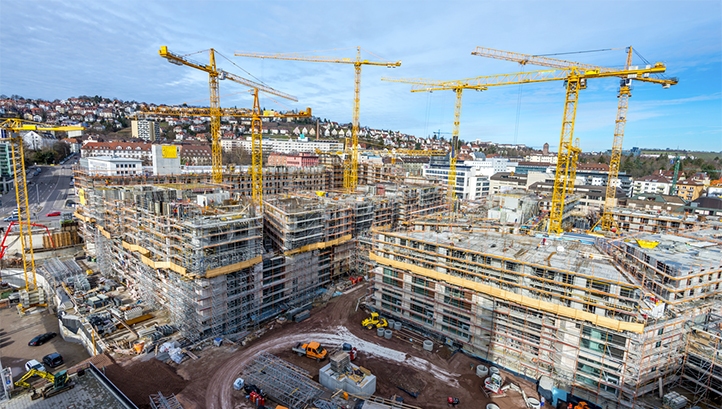WOBO thanks “edie” for the update in respect of European developments.

The European Commission is considering a new EU-wide requirement to measure the carbon emissions associated with construction materials throughout their whole lifecycle but is expected to stop short of regulating.
Buildings are responsible for around 40% of the EU’s energy consumption and 36% of its greenhouse gas emissions. To tackle this issue, the European Union has embarked on a huge renovation effort in order to reach its legally-binding objective of cutting emissions down to net-zero by 2050.
The European Commission aims to introduce minimum energy performance standards for all buildings by 2035 as part of the upcoming revision of the EU’s Energy Performance of Buildings Directive (EPBD), due on 14 December.
However, little progress has been made on reducing the environmental impact of construction materials used in the building sector.
“Globally, 11% of emissions are from embodied carbon in construction – the emissions created from the construction, demolition and the wider supply chain of a building,” reads a letter by the #BuildingLife project, a coalition of industry stakeholders representing the entire building value chain.
Their aim is to persuade the Commission to consider a so-called “Whole Life Carbon” (WLC) approach tackling building emissions from the whole supply chain, including the construction and demolition sectors.
The coalition estimates that embodied carbon amounts to 10-20% of the total emissions associated with buildings in the European Union, but points to a lack of data available at the EU level to measure progress in a consistent way.
In Brussels, the European Commission is showing interest in the approach but has opted for a more cautious regulatory stance for now, focusing first on standard measurements before considering the introduction of environmental targets at the EU level.
Tackling emissions from buildings over their “whole lifecycle, including production and transport of materials, construction, refurbishment and end of life” was identified among the challenges to tackle, the Commission wrote in a preliminary cost-benefit analysis of the EPBD revision.
According to the leaked draft EPBD revision, EU countries will be asked to provide an “overview” of planned measures to address “the reduction of whole life-cycle greenhouse gas emissions in the construction, renovation, operation and end of life of buildings”.
The European Commission is also considering the introduction of a non-obligatory WLC category in energy performance certificates (EPCs) for buildings. Under the current draft, EPCs should include a “yes/no indication whether a calculation on whole-life carbon emissions has been carried out for the building” and “the value of the whole-life carbon emissions (if available)”. Read more…
EU to start measuring embodied carbon emissions from buildings
